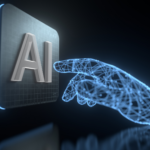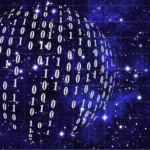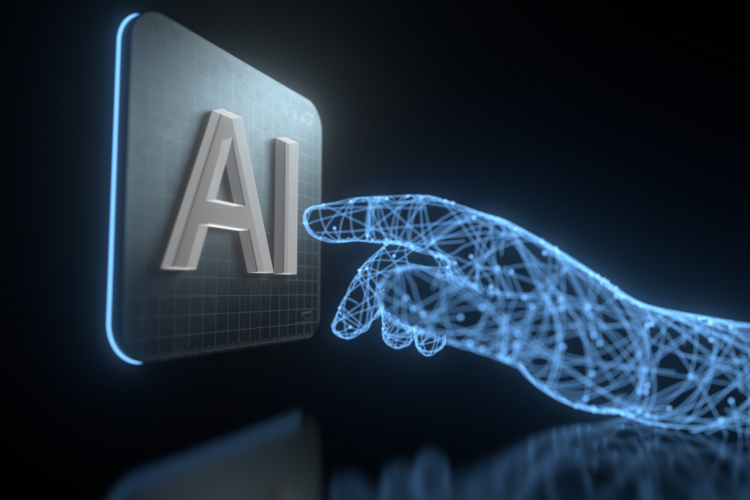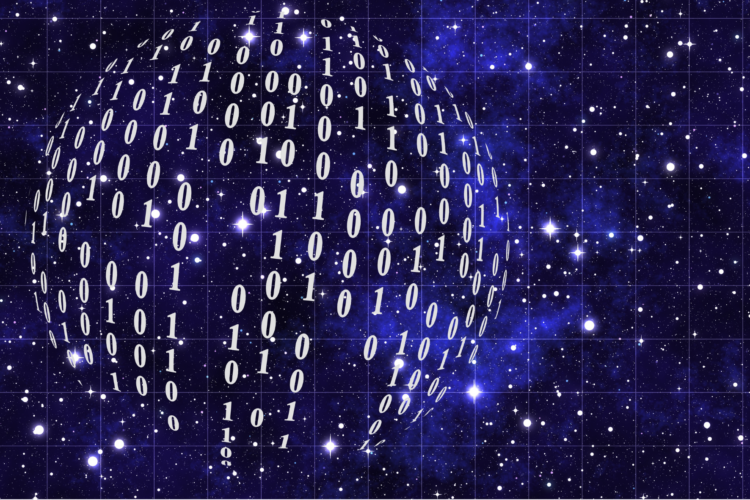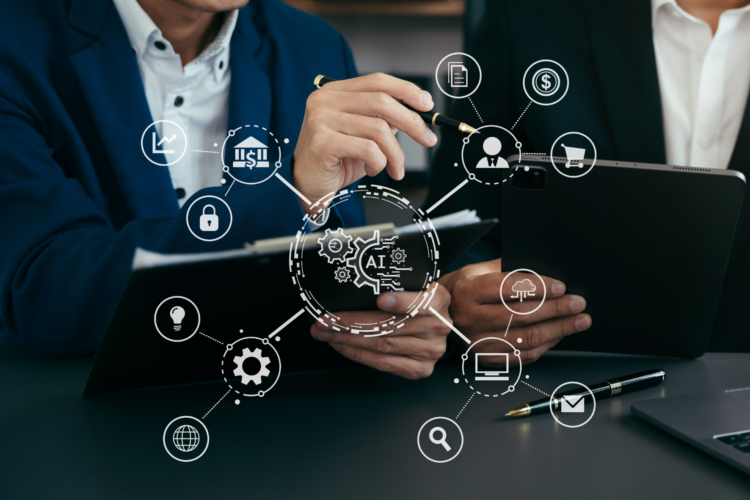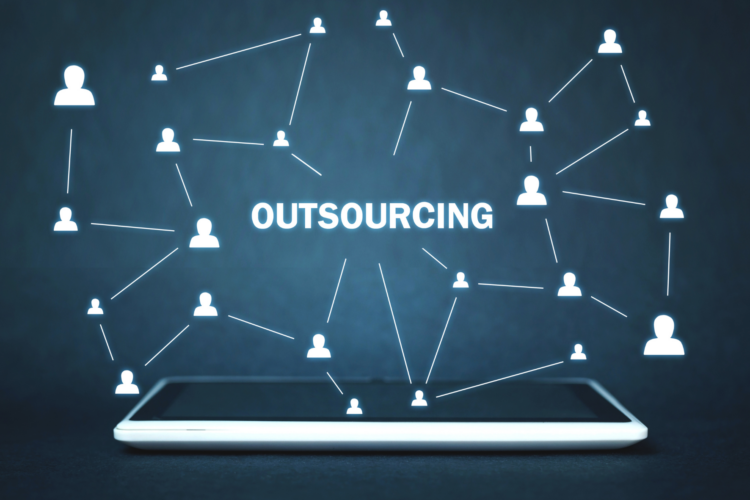With the launch of ChatGPT, a new set of questions arose on the horizon of the marketing industry. Will AI transform it all for good or worse? Will it make marketers and customer support agents thrive or get lost in oblivion? It’s undeniable that Artificial Intelligence is greatly changing the marketing sector. Now it’s time to fully understand its implications.
According to a Gartner study, by 2025, 80% of marketing processes will be automated using AI technologies. It also reports that organizations that use AI across marketing functions will shift 75% of their staff’s operations from production to more strategic activities. In the history of the ever-evolving world of marketing, AI appears to be a game changer like no other.
How is AI used in Digital Marketing?
With the power of AI marketing, now it’s possible to:
- Automate workflows in an unprecedented manner
- Hyper-personalize content and customer experiences
- Make incredibly accurate predictions on market trends
- Increase return of investment (ROI) and efficiency
By streamlining marketing processes, AI is allowing companies to take performance to new highs.
With a market that will exceed the value of $107.5 billion by 2028, AI marketing promises to be the next big thing. Shall we take a closer look?

What is AI marketing and why is it blowing everyone’s minds?
First thing first. Artificial Intelligence is a branch of computer science that combines different technologies like Machine Learning, Big Data Analytics, and Business Intelligence platforms. Its aim is to create automated processes to replace tasks that are usually performed by humans, such as visual perception, speech recognition, and decision-making.
Artificial Intelligence marketing is a technique that leverages artificial intelligence systems to:
- Collect and analyze data and customer insights in real-time
- Anticipate and understand customers’ behavior and preferences
- Automate marketing processes prescinding from human input
- Make automated marketing decisions based on trends
- Streamline and optimize targeting strategies
The technology behind AI marketing is impressive. It enables marketers to scale their strategies and empower customer experiences while increasing conversion and revenue. Moreover, with AI in marketing, it’s possible to highly customize messages and interactions, as well as reduce costs and efforts.
Benefits of AI in marketing
The benefits of AI marketing are endless, let’s take a look at some of them.
Hyper-Personalization
Thanks to the power of AI to process and analyze huge volumes of data, now it’s possible to deeply personalize content and messaging. With pattern identification, marketers can gain accurate insights about customer wishes, making it easier to effectively create engaging campaigns based on their preferences.
Customization is based on various factors such as location, past purchases, or browning history. With it, AI-powered automation spot opportunities and offer relevant content to the right person at the right time. This includes product recommendations, personalized landing pages, push-up notifications, and tailored mailing campaigns.
Razor-sharp targeting
Following the previous point, AI in marketing brings another benefit from its ability to extract clearer and better customer insights. Apart from perfecting messaging, this technology allows marketers to refine the art of targeting.
Now it’s possible to create lookalike audiences, identify customer segments better and aim for specific keywords. This way, targets are more precisely defined and therefore reached by more effective channels.
Streamlined efforts
Efficiency follows automation. AI has proven to the marketing industry that automating time-consuming tasks leads to more productive work hours. Why? Because it frees up professionals to focus on more strategic activities.
For example, marketers can delegate social media posting, lead scoring, or repetitive interactions to AI tools. By doing so, they can use that valuable time to craft content strategy, create innovative promotional campaigns or think about initiatives to drive business growth.
Increased ROI
The return on investment (ROI) is calculated by dividing the profit earned by its cost. From what we’ve seen so far, it looks pretty obvious that AI can help optimize ROI in marketing. Higher effectiveness, improved targeting, and more precise and faster decisions – all of this can only result in the maximization of ROI.
AI marketing is a powerful source of cost-effectiveness and profit. It has been proved that tailored customer experiences increase ROI in each customer interaction. By designing faultless customer journeys with precise data, companies give a finer use to budgets, time, and resources.
Light-speed business reflexes
With AI marketing, it’s easier to make smarter and faster decisions. We’ve already mentioned the main reasons: increase in efficiency, more accurate data, and real-time data analysis. Today’s markets move fast and artificial intelligence gives marketers the opportunity to react fast as well.
Now it’s possible to have information on a campaign’s performance while it is running. This makes it much more probable to make the right decisions by taking advantage of knowledge about consumers’ and competitors’ present behavior.
Greater innovation
It’s clear that AI is important in the field of productivity and repetitive processes. But it’s also a great ally in terms of creativity. Not only because it helps creatives by taking the burden of routine tasks out of their hands for sharper focus. It also brings new insights due to its research and association capabilities. With powerful tools such as image recognition and natural language processing, marketers can spot new trends and spark their inspiration for fresh ideas.
Stronger security
The number of cyberattacks keeps rising by the minute. Marketing is a field that needs to be particularly aware of the sensitivity of the information that is handled. In this sense, AI in marketing supports data security. How? First, by minimizing human mistakes with process automation. Secondly, by technologically improving security protocols.
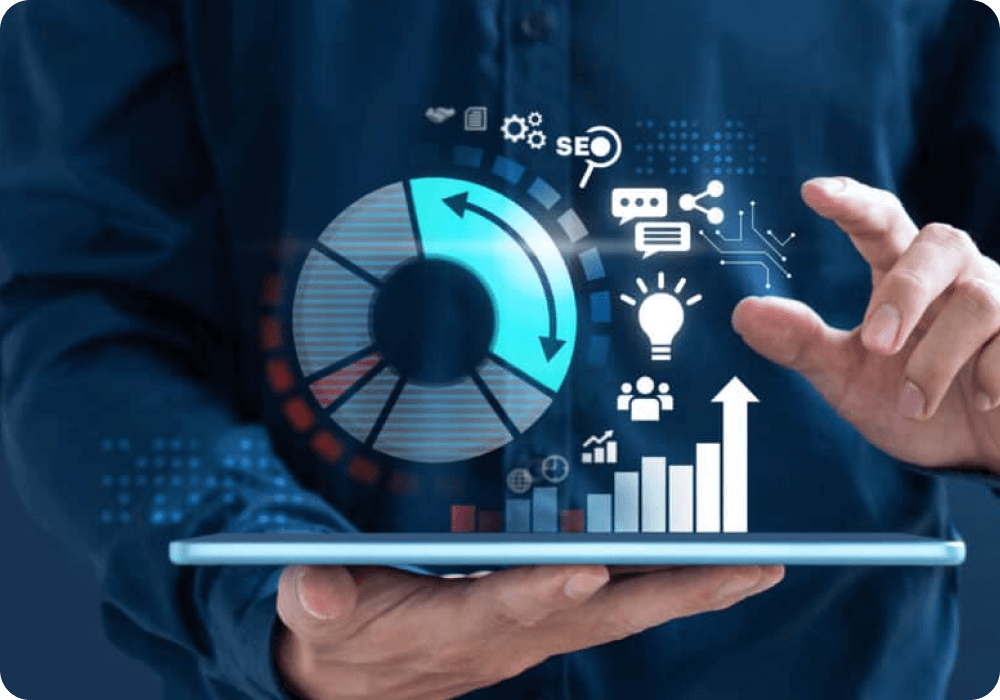
How AI is changing the marketing industry
There’s no doubt that AI is revolutionizing marketing as we know it. We’ve seen some of its incredible benefits. Now it’s time to see it in action. The following list is just a scoop on AI marketing’s mind-blowing field applications.
1. Automated content creation
Everyone is talking about ChatGPT, OpenAI’s AI chatbot. Its appearance in the market made obvious the impact of AI marketing on how content is created. The algorithms behind this technology can analyze data at the speed of light and deliver original content by the second.
It emphasizes precise targeting and trend prediction to create content that resonates with the audience. AI-generated content can go from product descriptions to social media posts. One of its main features is its level of customization – it can produce content for very different audiences and platforms. The result: better engagement and boosted conversions.
2. Upgraded customer experience
Customer experience is at the core of business growth. Brand positioning is built on every interaction a company has with its customers. In this context, AI marketing provides tools to enhance this relationship. For example, AI helps create interactive content such as quizzes or surveys. By doing this, marketers increase audience engagement. And they also collect valuable feedback to improve products and services, keeping the virtuous circle of customer loyalty.
24/7 customer support chatbots are another example of AI-powered CX. Through natural language processing, AI offers automated but personalized support that understands and responds to customers’ queries and needs.
3. Voice recognition
Speech is one of the most compelling channels of communication. AI marketing brought a world of innovative solutions related to voice search, recognition, and content. The increasingly popular use of voice assistants like Siri, Alexa, and Google Assistant is a good example. By leveraging AI-powered natural language processing, these devices can recognize spoken words and convert them into text to execute commands.
Hands-free software programs like Google Maps or Shazam are also illustrative use cases of speech recognition technologies. In this scenario, the possibilities for marketing campaigns are endless. From voice assistant advertising to voice shopping, this trend is expected to grow steadily in the years to come.
4. Augmented reality
According to a study by Deloitte, 88% of medium-sized businesses are already using or testing augmented reality in different fields of operations. Marketing is definitely one of them. With AR technology, marketers are creating immersive experiences. Customers can visualize offerings in their own environments or enter parallel dimensions designed to engage them.
AI marketing is now combining the physical and digital worlds to hyper-personalize customer journeys and increase the appeal of online shopping.
5. Dynamic pricing
Pricing is dynamic when it changes according to stock, demand, and supply. Now, AI marketing makes it possible to analyze huge quantities of competitive data in real time. Monitoring predictive analytics from cookies and browser history, AI platforms can provide personalized pricing to reflect demand. For instance:
Retail websites can offer discounts according to a buyer’s previous searches.
Ride-sharing apps like Uber can increase prices if their service is in high demand.
Hotels can decrease the price of a room if they are still unsold when the day comes.

6. Chatbots
Another proof of AI marketing profitability is chatbots. Nowadays, every online store with a fair investment in marketing has one. Live chats on websites, social media channels, or chat apps like Whatsapp are the best way to build better virtual customer service.
With chatbots, companies can give personalized 24/7 support to their customers. Mainly, they respond to frequently asked questions in a tailored manner. But the most sophisticated ones can engage in more complex conversations and resolve issues with a high degree of efficiency.
7. Ad optimization
Artificial Intelligence tools come in handy when predicting events and calculating the best investments. In marketing ad campaigns, AI facilitates the design of cost-effective content and A/B testing to assure success. Using machine learning algorithms, marketers can predict the best way to split budgets across channels to maximize ROI.
In PPC (pay-per-click) advertising, AI applications optimize performance through smart bidding and micro-moment targeting. Marketing teams have responsive ads at their disposal, with price optimization (as we’ve already discussed in this article) and dynamic search capabilities.
8. Predictive mindset
In a highly competitive environment, predicting the future is key. With AI marketing, there are more resources than ever to forecast trends, foresee customer behavior and identify opportunities in advance. This technology allows companies to truly be ahead of the curve in comparison to their competitors.
Making sense of large volumes of data is difficult. But it’s even harder to analyze them with a predictive mindset. AI leverages machine learning, algorithms, and predictive models to make this possible for marketers.
Is AI the future of marketing?
After all, we’ve navigated in this article, the bright side of AI marketing is not in question. But, fears around this technology are not to be taken lightly. AI in marketing needs to overcome some challenges to reach its full potential and effectively evolve. Here are some of those pain points:
Data privacy
Governments are strengthening laws related to big data. Compliance in AI marketing is critical to avoid penalties and protect customers’ privacy.
Job displacement
Task automation raised concern about the potential risk of future job loss in the marketing department. If AI is replacing operative tasks but also creative ones like copywriting, it’s fair to say that there will be a need for re-skilling in marketing teams.
Authenticity
If companies start to develop a heavy dependency on AI for their marketing efforts, it can lead to a crisis if the systems fail. But, more importantly, campaigns will lack the human creativity and sensitivity that machines can’t replace.
Flawed algorithms
Data quality and continuous human intervention are essential for algorithms to work towards a clear goal. Like any technology, AI can be used as a malicious weapon. It’s necessary to train professionals on how to detect AI biases and re-adjust their learning circle.
With its lights and shadows, Artificial Intelligence is here to stay. It’s key for marketing teams to understand how to use it properly and keep a healthy balance between automation and human input. Are you interested in including AI in your company’s strategy? Give us a shout at vanguard-x.com

